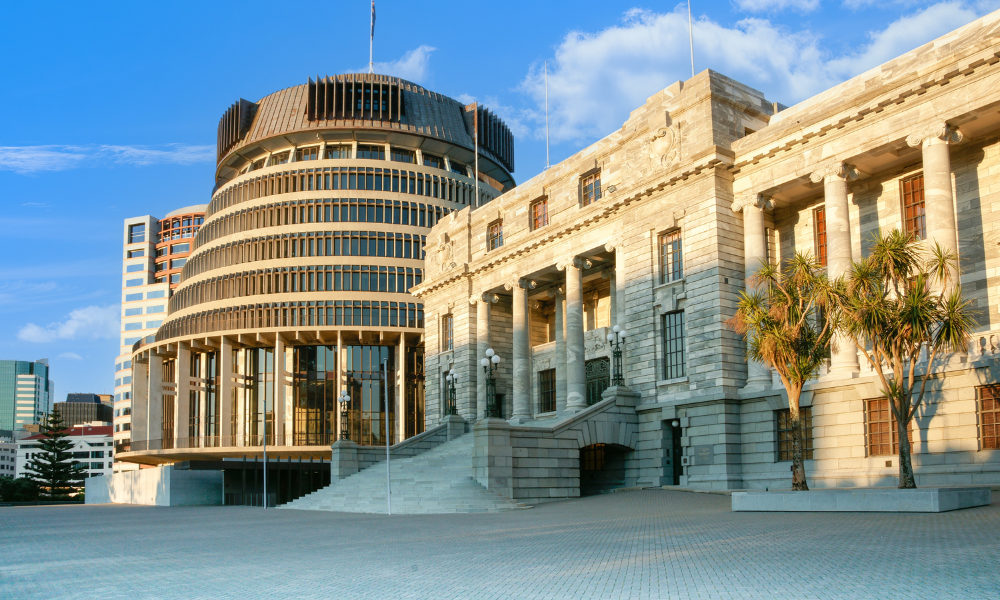The Justice Committee will accept public submissions on the bill over the coming months

The Treaty Principles Bill has passed its first reading in Parliament and will now be reviewed by the Justice Committee, opening the door for public input over the next six months.
Associate Justice Minister David Seymour emphasized the importance of this step, framing it as an opportunity for New Zealanders to engage in a long-overdue conversation about the role of treaty principles in the nation’s laws and governance.
“The select committee process will finally democratize the debate over the Treaty, which has until now been dominated by a small number of judges, senior public servants, academics, and politicians,” Seymour said in a statement.
Latest News
The bill aims to provide clarity on the principles of Te Tiriti o Waitangi (the Treaty of Waitangi), which have been part of New Zealand law since 1975 but remain undefined in legislation. According to the Minister, this lack of definition has allowed courts and the Waitangi Tribunal to interpret the principles, sometimes in ways that critics argue undermine the principle of equal rights. Examples cited by the Minister include co-governance arrangements, ethnic quotas in public institutions, and consultation practices based on ethnicity.
Seymour stated that the bill seeks to put the responsibility for defining these principles back into Parliament’s hands. He described this as a way to ensure certainty in their application while fostering a national conversation about the treaty’s role in New Zealand’s constitutional framework. Seymour emphasized that the treaty could be a unifying document, providing a foundation for equal rights and mutual respect.
“Far from being a divisive document, the treaty is a powerful guide for New Zealand’s future, establishing that all New Zealanders have equal rights and that the government has a duty to protect those rights,” Seymour said.
The Minister urged New Zealanders to participate in the select committee process, describing it as an essential step toward ensuring equality before the law. He expressed optimism that the bill would help the country move forward with a shared understanding of the treaty’s role in governance.
“I am looking forward to this important national conversation about the place of the Treaty in our constitutional arrangements,” Seymour said.
The parliament temporarily halted proceedings as opposition MP Hana-Rawhiti Maipi-Clarke performed a haka in protest against the controversial bill. Critics feared that the bill could undermine Māori rights by shifting treaty interpretation from courts to parliament.
The Justice Committee will accept public submissions on the bill over the coming months.





